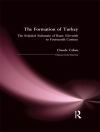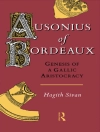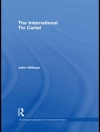This volume explores abduction (inference to explanatory hypotheses), an important but neglected topic in scientific reasoning. My aim is to inte- grate philosophical, cognitive, and computational issues, while also discuss- ing some cases of reasoning in science and medicine. The main thesis is that abduction is a significant kind of scientific reasoning, helpful in delineating the first principles of a new theory of science. The status of abduction is very controversial. When dealing with abduc- tive reasoning misinterpretations and equivocations are common. What are the differences between abduction and induction? What are the differences between abduction and the well-known hypothetico-deductive method? What did Peirce mean when he considered abduction a kind of inference? Does abduction involve only the generation of hypotheses or their evaluation too? Are the criteria for the best explanation in abductive reasoning epis- temic, or pragmatic, or both? How many kinds of abduction are there? The book aims to increase knowledge about creative and expert infer- ences. The study of these high-level methods of abductive reasoning is situ- ated at the crossroads of philosophy, epistemology, artificial intel1igence, cognitive psychology, and logic; that is, at the heart of cognitive science. Philosophers of science in the twentieth century have traditionally distin- guished between the inferential processes active in the logic of discovery and the ones active in logic of justification.
L. Magnani
Abduction, Reason and Science [PDF ebook]
Processes of Discovery and Explanation
Abduction, Reason and Science [PDF ebook]
Processes of Discovery and Explanation
Beli ebook ini dan dapatkan 1 lagi GRATIS!
Bahasa Inggris ● Format PDF ● ISBN 9781441985620 ● Penerbit Springer US ● Diterbitkan 2011 ● Diunduh 3 kali ● Mata uang EUR ● ID 4627302 ● Perlindungan salinan Adobe DRM
Membutuhkan pembaca ebook yang mampu DRM












